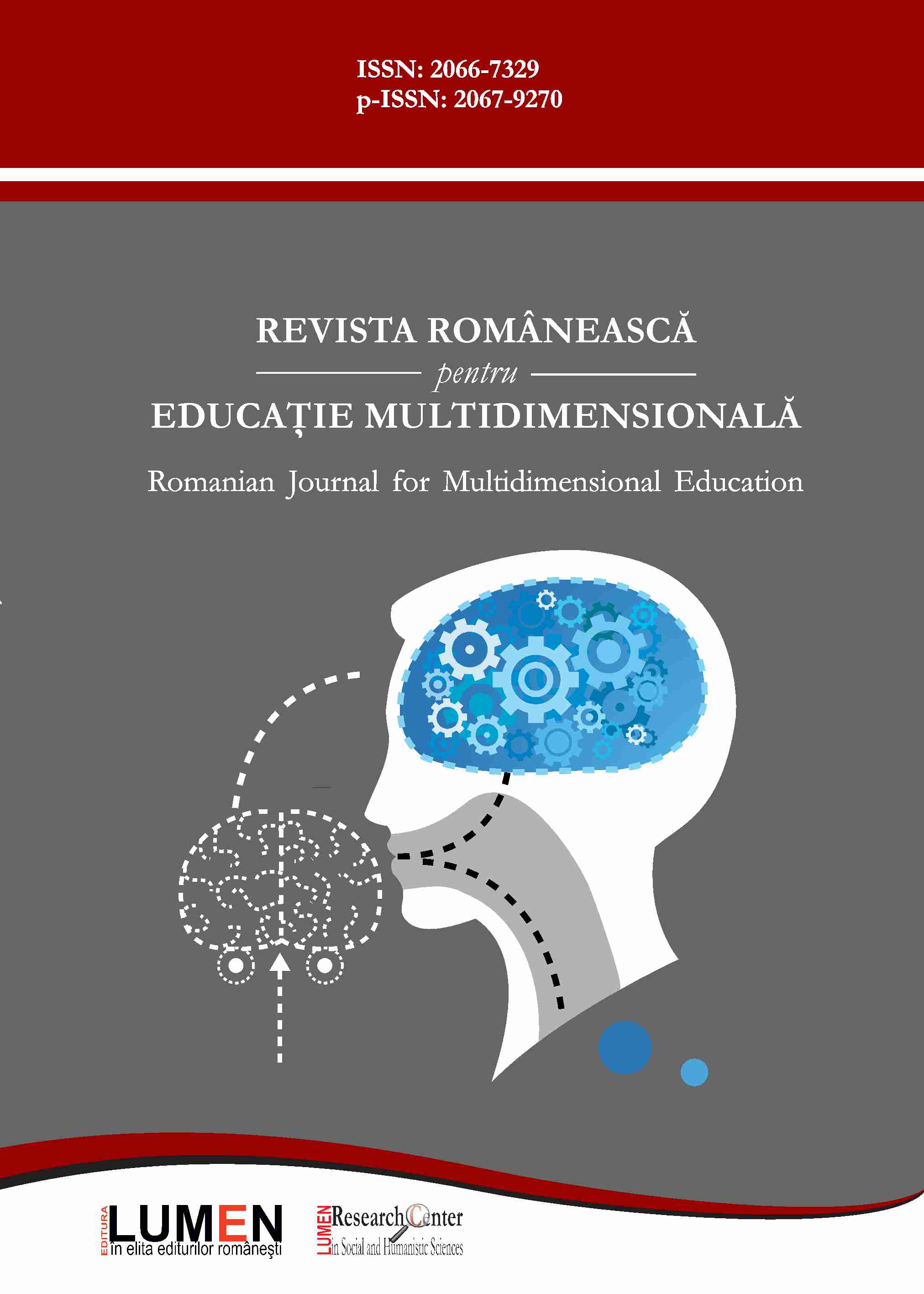Psychological-Pedagogical Components of the Children’s Speech Environment With Autistic Disorders of Senior Preschool Age
Psychological-Pedagogical Components of the Children’s Speech Environment With Autistic Disorders of Senior Preschool Age
Author(s): Nataliia Bazyma, Nataliia Fihol, Olena Malyna, Valentyna Serheieva, Hanna Lopatina, Oksana KoropatovaSubject(s): Social Sciences, Education, Psychology, Sociology, Inclusive Education / Inclusion
Published by: Editura Lumen, Asociatia Lumen
Keywords: mental activity deficit; intellectual development; concentration; quick exhaustion; correction; speech activity; communicative behavior;
Summary/Abstract: Education of initiative and desire for self-realization, in our opinion, is possible only if the emergence and constant reinforcement of interest. We offer when choosing tasks and games to focus on compliance with the following requirements: interesting topics for the child; bright props; compliance with the topic being studied; focus on the child's practical experience; emotional significance. In addition, the features of the mental and behavioral sphere of children with autistic disorders must be taken into account : lack of mental activity; unevenness, the partiality of intellectual development; violation of the interaction of mental functions; lack of lively curiosity, interest in the new; difficulties of voluntary learning, purposeful solution of really arising problems; violation of purposefulness, difficulty concentrating; quick exhaustion and oversaturation with any purposeful activity; negative reaction or no reaction at all when trying to draw attention to the objects of the surrounding reality; difficulties at understanding time, duration, determining the sequence of events, causes and consequences; difficulties in symbolization, transfer of skills from one situation to another, etc. Corrective work on the development of speech activity and communicative behavior is carried out in everyday life, during live communication with the child about his domestic, playful and cognitive interests, in the process of role-playing or theatrical games (if available), in drawing, modeling classes, design, manual labor, speech development, during the formation of elementary mathematical concepts, physical and musical education, during individual correctional work, etc.
Journal: Revista Românească pentru Educaţie Multidimensională
- Issue Year: 14/2022
- Issue No: 1Sup1
- Page Range: 258-274
- Page Count: 17
- Language: English

